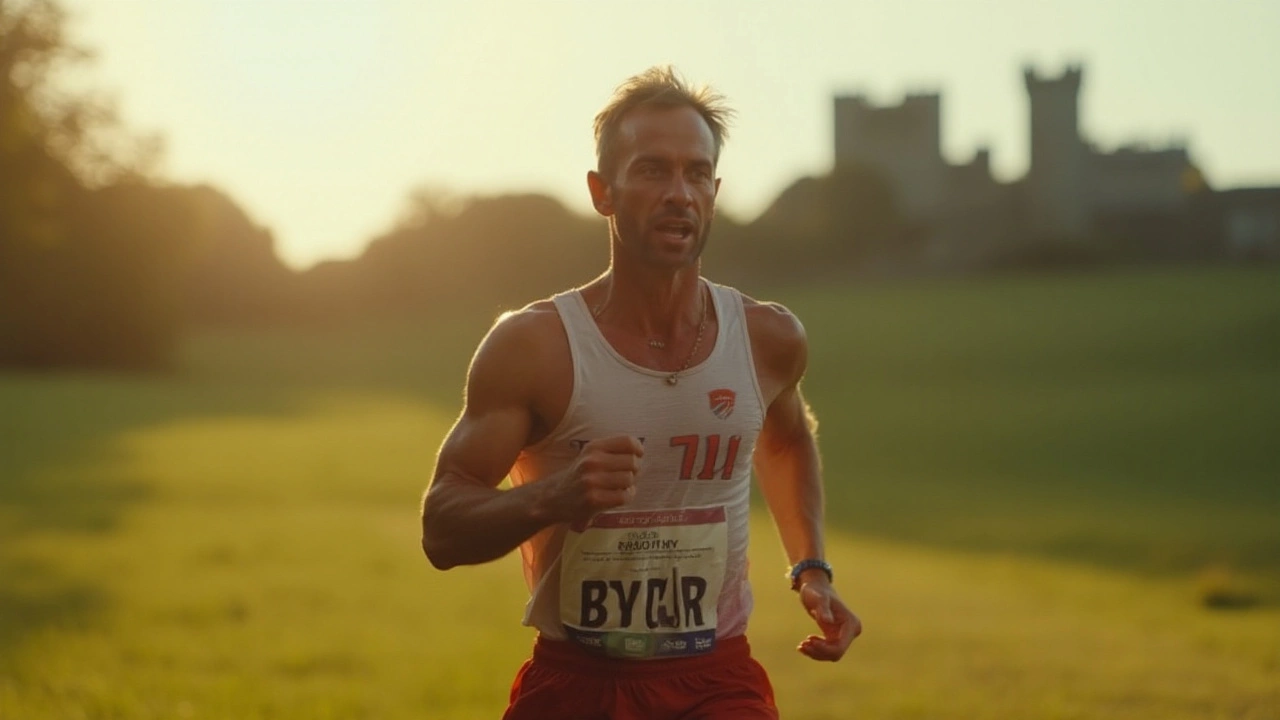
Aging in Sports: Stay Strong and Fit at Any Age
Think age automatically means slower, weaker, or more prone to injury? Not true. Your body can keep improving if you give it the right signals. The key is to adapt your routine, listen to how you feel, and focus on recovery. Below are easy-to‑apply ideas that work whether you’re 30 or 70.
Listen to Your Body, Not the Calendar
When you’re in your 40s or 50s, you’ll notice aches that didn’t exist before. That’s a cue, not a limit. Start each session with a quick mobility check—hip circles, shoulder rolls, ankle flexes. If something feels tight, spend a few minutes on dynamic stretches before you lift or run. Pay attention to fatigue; a good night’s sleep and proper nutrition will decide if you can push hard tomorrow. In short, let real feedback guide the load, not the number of candles on your birthday cake.
Smart Training Strategies for Every Decade
30‑40 years: This is still a prime time for strength gains. Stick to compound lifts like squats and deadlifts, but keep the volume moderate—3–4 sets of 6‑8 reps. Add a cardio session of 20‑30 minutes a few times a week to protect heart health.
40‑50 years: Muscle loss speeds up, so prioritize resistance work. Use slightly lighter weights with higher reps (10‑12) and incorporate more core work. Swimming lessons are a great low‑impact way to keep cardio high while easing joint stress—think about the “best age to start swimming lessons” guide for age‑by‑age tips.
50‑60 years: Recovery becomes a bigger factor. Include at least one full rest day between heavy sessions. Focus on mobility drills and flexibility yoga. If you enjoy running, note the “48‑hour marathon recovery” plan—use foam rolling, gentle jogging, and protein‑rich meals to speed repair.
60+ years: Strength training still matters, but safety rules rule. Use machines or resistance bands instead of heavy free weights. Keep sessions short—20‑30 minutes—yet consistent. Light cycling routes or walking on scenic paths keep the heart happy without over‑taxing joints.
No matter your age, stay hydrated, eat a balanced diet with plenty of protein, and schedule regular check‑ups. Small tweaks now prevent big injuries later, and you’ll feel more energetic on and off the field.
